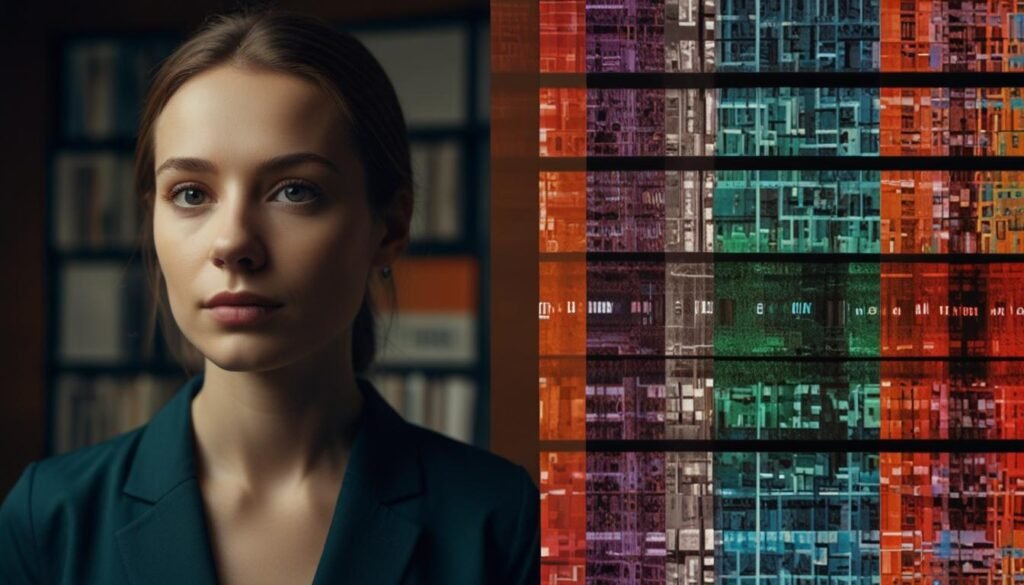A viral image showing the dominance of AI-generated content in Google search results has sparked a debate about authenticity and the impact of artificial intelligence on creative industries.
The rise of artificial intelligence and its integration into everyday technology has sparked wide-ranging debates on various fronts. Recently, this conversation took a significant turn following a viral image showing an unexpected prevalence of AI-generated content in Google search results. Specifically, a screenshot of a Google search for “baby peacock” featuring predominantly AI-generated images has become a focal point for discussions about digital authenticity and misinformation.
Originally shared by X user @notengoprisa on October 5, 2024, the image highlights a noticeable imbalance: out of fifteen search results displayed, only four were genuine photographs, while the majority were AI-generated images. Such results illustrate how ubiquitous AI-generated content has become on the web, often blending seamlessly with actual photographs, raising concerns regarding the authenticity and reliability of search engine results.
The image quickly sparked discussions across various online platforms, notably within creative circles. On the r/graphic_design subreddit, for instance, artists and designers expressed their frustrations and concerns over the increasing difficulty in finding genuine reference images. One user lamented the presence of AI-generated content infiltrating art inspiration websites, stating that this intrusion complicates the task of sourcing quality material for creative projects.
The screenshot of AI-imposed imagery represents a broader issue that has been brewing across multiple sectors, including politics. AI is increasingly employed to fabricate scenarios, with potential impacts seen in the spread of misinformation during events like presidential races. This has led to calls for stricter regulations on AI-generated content, with creatives advocating for search engines to provide filters to distinguish AI-generated images from authentic ones.
Despite the technological advancements offered by AI, the proliferation of artificial content has prompted significant reflection on its impact, particularly regarding its net value to society. Many in the creative community are urging legislative bodies to establish clear guidelines to regulate AI’s influence on publicly available content, cautioning that failure to do so could render commonly used resources like Google unreliable.
The conversation extends beyond just search engines. Social media platforms are also experiencing a surge of AI-generated content, impacting how users interact and share information. In response, new platforms, such as Cara, which positions itself as an anti-AI social media site, are emerging to provide artists and creatives a space free from the overwhelming presence of AI.
Amidst these discussions on digital creation and authenticity, the broader dialogue continues to evolve, reflecting growing concerns about maintaining a balance between technological innovation and the preservation of genuine human creativity.
Source: Noah Wire Services
















